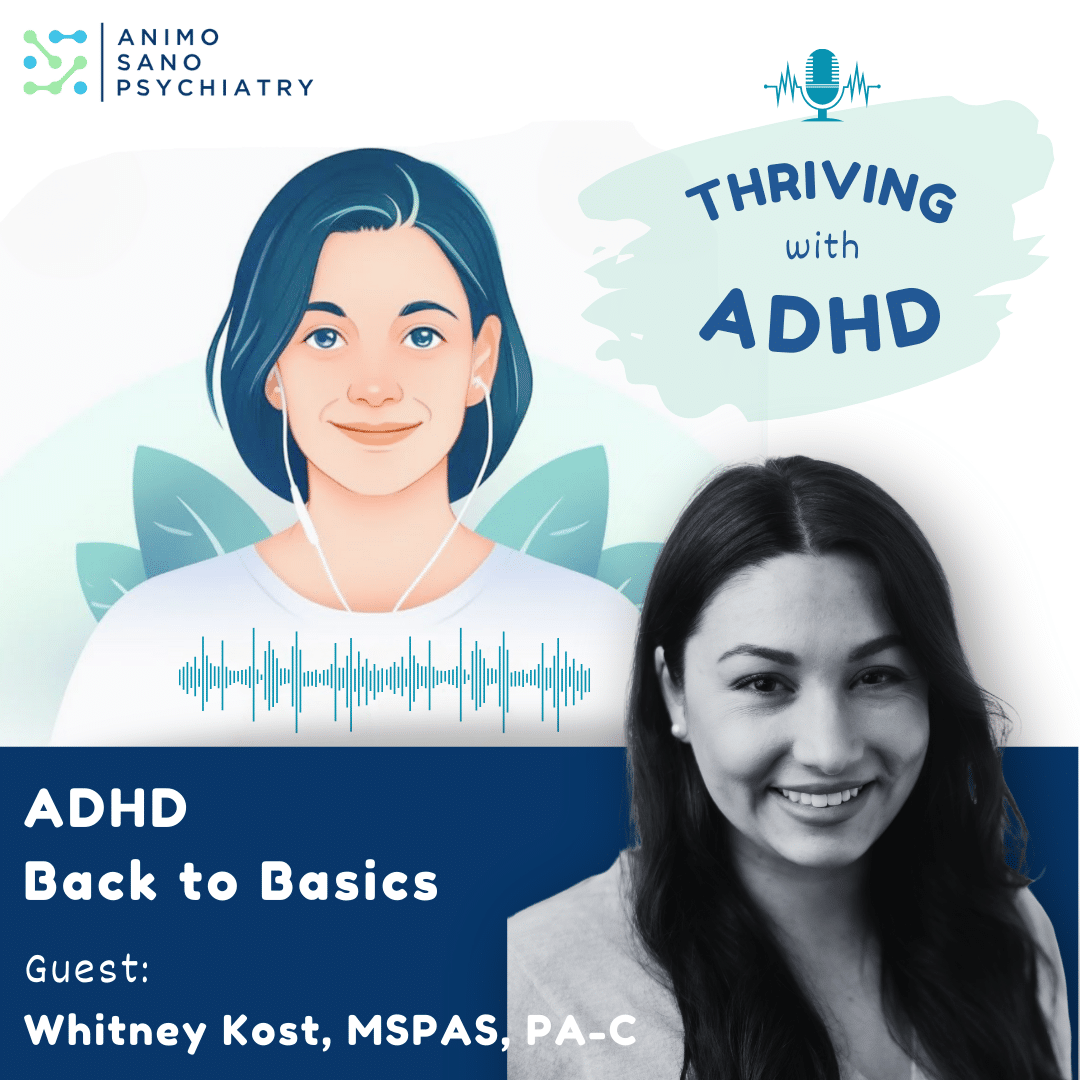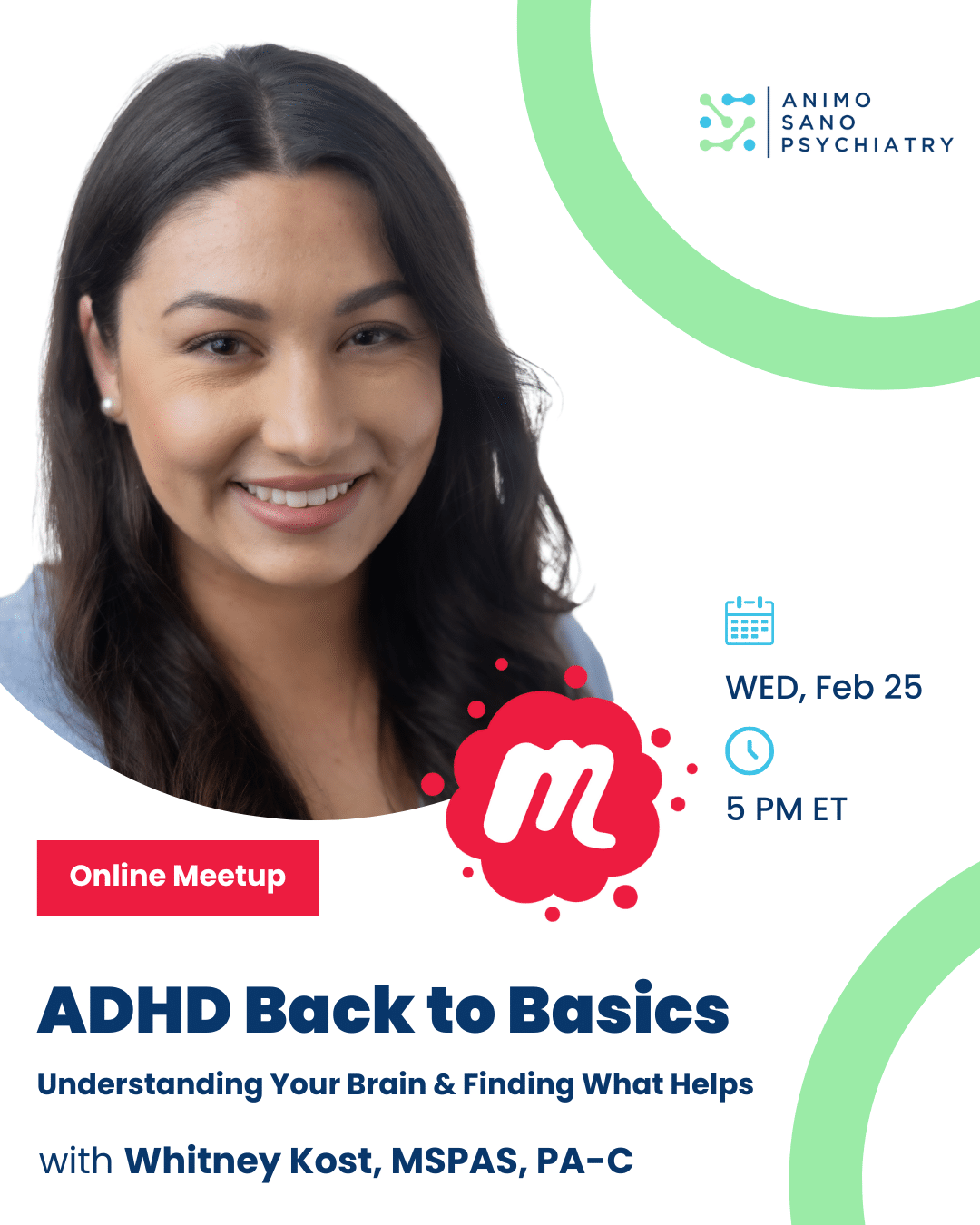
Anyone who has it, knows it, and anyone who lives with someone who has it, feels it – ADHD is more than just hyperactivity and inattention. People with ADHD carry a unique and complex interplay of emotions, energy, and behavior patterns that greatly impacts their personal relationships.
The Unseen Strands: Impulsivity and Emotional Volatility
One major stumbling block in the realm of ADHD is impulsivity. Individuals with ADHD, both children and adults, frequently act on their impulses with little to no forethought. Whether it’s impromptu and sometimes regrettable purchases, spontaneous outbursts of anger, or emotional explosions, these impulsive actions can introduce significant friction into their relationships. To their loved ones, they may appear as unpredictable “loose cannons,” leaving them in a constant state of unease and feeling as though they are perpetually walking on eggshells.

Another challenging facet of ADHD often encountered is hyperactivity. This heightened level of physical and mental activity can manifest as restlessness, fidgeting, and an inability to stay still for extended periods. While it is a core characteristic of ADHD, it can be perplexing and overwhelming for both the individual with ADHD and their loved ones. Partners and family members might struggle to keep pace with the seemingly boundless energy and may find it challenging to engage in activities that require calm and focused attention, contributing to further strain in the relationship.
The Tangled Threads: Inattention and Forgetfulness

In the intricate web of challenges faced by those with Attention Deficit Hyperactivity Disorder (ADHD), inattention and forgetfulness are notable hurdles. These intertwined issues often result in forgotten dates, misplaced items, and absent-mindedness during conversations. Beyond mere practical inconveniences, these struggles can have profound implications for their relationships, especially in the context of romantic partnerships.
Inattention can lead to overlooked special occasions, leaving partners feeling neglected and undervalued. Forgetfulness further complicates matters, with the constant misplacement of items causing frustration and disorganization. When individuals with ADHD appear distracted during conversations, their partners may feel unheard and emotionally disconnected, straining the relationship.
The Tight Knots: Hyperfocus and Obsessions
On the other end of the spectrum from inattention lies the captivating phenomenon of hyperfocus, a characteristic trait in individuals with ADHD. When they engage in a particular activity or interest, it’s as if they are tethered to it with an unbreakable bond. Whether it’s immersing themselves in video games, binge-watching TV shows, or pursuing a passionate hobby, hyperfocus transforms their world, often to the point where they become entirely oblivious to their surroundings. For those close to them, it can be a challenging experience, as they find themselves competing for attention against the magnetic pull of their loved one’s current obsession.
This intense hyperfocus can create a sense of exclusion or neglect in relationships, as partners or family members strive for connection but often feel sidelined by the irresistible allure of the individual’s current fixation. Navigating this aspect of ADHD involves understanding that hyperfocus isn’t a deliberate act of neglect but rather a manifestation of their brain’s unique way of engaging with the world.

Impacts of The Strained Threads
The strain that ADHD can place on relationships often gives rise to a complex emotional landscape for both the individual with ADHD and their partners. For the individual with ADHD, witnessing the impact of their inattention, forgetfulness, or hyperfocus on their loved ones can evoke profound feelings of guilt and a pronounced sense of low self-esteem, leading to an internal struggle between their genuine intentions to nurture relationships and the recurrent challenges posed by ADHD. Conversely, partners may experience feelings of overwhelm, frustration, and emotional drain due to the constant adjustments required to navigate the intricacies of the relationship and the cumulative impact of their loved one’s ADHD-related behaviors, such as forgotten dates or misplaced items. In light of these challenges, it is crucial for both parties to recognize that these emotional responses stem from the unique hurdles that ADHD presents, necessitating open and empathetic communication to foster mutual understanding and support, ultimately leading to a stronger and more fulfilling connection.
Responsibly edited by AI
Other Blog Posts in
Animo Sano Psychiatry is open for patients in North Carolina, Georgia and Tennessee. If you’d like to schedule an appointment, please contact us.
Get Access to Behavioral Health Care
Let’s take your first step towards. Press the button to get started. We’ll be back to you as soon as possible.ecovery, together.




